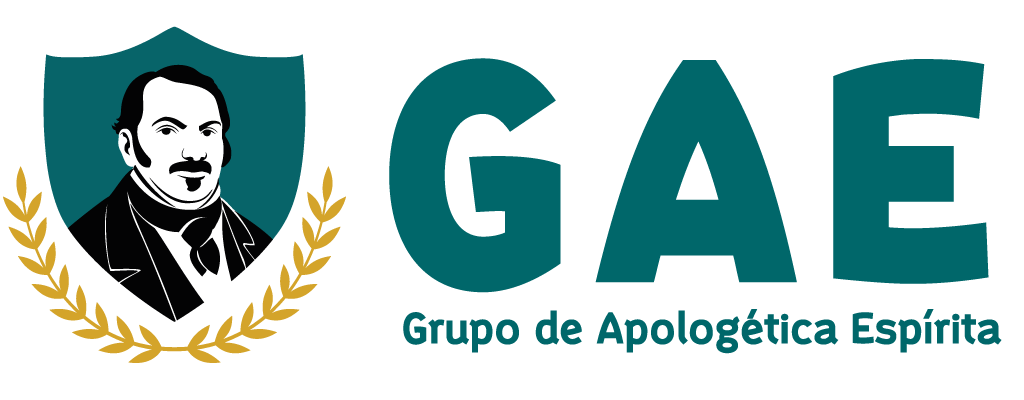|
Getting your Trinity Audio player ready...
|
Resumo: O texto argumenta que Deus, por ser inofensível e possuir amor incondicional, não perdoa no sentido tradicional. Apoiando-se em passagens bíblicas e espíritas, o autor propõe que as consequências dos atos, boas ou más, recaem sobre o próprio indivíduo, não sobre Deus. A lei de causa e efeito, central no Espiritismo, é apresentada como o mecanismo de justiça divina, onde a reparação do mal, através do amor ou do sofrimento, é crucial para o progresso espiritual. O perdão divino, então, é compreendido como novas oportunidades para a correção e harmonização com a lei de amor. Finalmente, o texto cita exemplos de Gandhi e outros para reforçar a ideia de que a responsabilidade pelas ações é individual, e não divina.
Palavras-chaves: Deus, amor incondicional, lei de causa e efeito, justiça divina, responsabilidade individual.
Abstract: The text argues that God, because he is harmless and has unconditional love, does not forgive in the traditional sense. Based on biblical and spiritualist passages, the author proposes that the consequences of actions, good or bad, fall on the individual himself, not on God. The law of cause and effect, central to Spiritism, is presented as the mechanism of divine justice, where the reparation of evil, through love or suffering, is crucial for spiritual progress. Divine forgiveness, then, is understood as new opportunities for correction and harmonization with the law of love. Finally, the text cites examples from Gandhi and others to reinforce the idea that responsibility for actions is individual, not divine.
Keywords: God, unconditional love, law of cause and effect, divine justice, individual responsibility.

